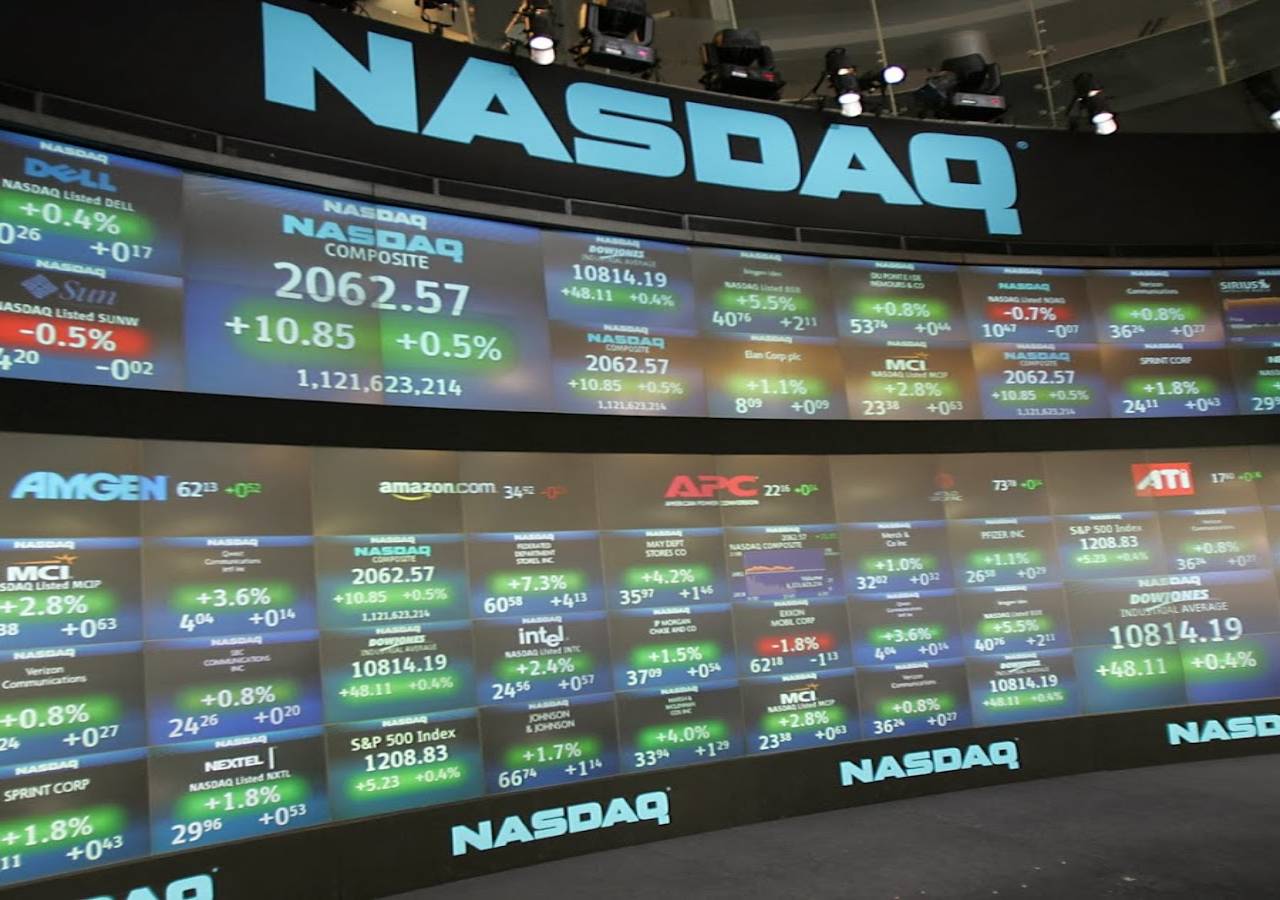OPTION TRAINING
Options trading is the purchase or sale of a contract of an underlying security. Investors can trade options to potentially benefit in any market condition. ... The option writer must keep the agreement if the holder chooses to exercise their right. There are many strategies investors can use in options trading.
What’s an option?
To understand what options are, it helps to compare them with stocks. Buying stock means you own a tiny portion of that company, called a share. You’re anticipating the company will grow and make money in the future, and that its share price will rise. If this happens, you can sell the shares for a profit. (Learn more about the basics of buying stocks.)
An option, on the other hand, is just a contract that gives you the right to buy or sell a stock or other underlying security — usually in bundles of 100 — at a pre-negotiated price by a certain date. However, when that date arrives, you’re not obligated to buy or sell the stock. You have the option to let the contract expire, hence the name. However, when buying options, you’ll pay what’s known as a “premium” up front, which you’ll lose if you let the contract expire.
» Need a refresher? Learn the differences between options and stocks
It’s important to note that options exist for all kinds of securities, but this article looks at options in the context of stocks. There are two main types of options contracts:
• Call options. A call option gives you the right to buy a company’s stock for a specific price (known as the “strike price”) within a specific time period, referred to as its “expiration.”
• Put options. A put option gives you the right to sell a company’s stock at an agreed upon strike price before its expiration.
Once you buy the contract, a few things can happen from the time you purchase it to the time of expiration. You can:
• Exercise the option, meaning you’ll buy or sell shares of the stock at the strike price.
• Sell the contract to another investor.
• Let the contract expire and walk away with no further financial obligation.
Why do investors trade options?
Investors use options for different reasons, but the main advantages are:
• Buying an option means taking control of more shares than if you bought the stock outright with the same amount of money.
• Options are a form of leverage, offering magnified returns.
• An option gives an investor time to see how things play out.
• An option protects investors from downside risk by locking in the price without the obligation to buy.
But what are the risks?
• You can lose your entire investment in a relatively short period.
• It can get a lot more complicated than buying stocks — you have to know what you’re doing.
• With certain types of options trades, it's possible to lose more than your initial investment.
[26/02, 15:29] Mohammad Amiri: What Is the Stock Market?
The stock market broadly refers to the collection of exchanges and other venues where the buying, selling, and issuance of shares of publicly held companies take place. Such financial activities are conducted through institutionalized formal exchanges (whether physical or electronic) or via over-the-counter (OTC) marketplaces that operate under a defined set of regulations.
While both the terms “stock market” and “stock exchange” are often used interchangeably, the latter term generally comprises a subset of the former. If one trades in the stock market, it means that they buy or sell shares on one (or more) of the stock exchange(s) that are part of the overall stock market. A given country or region may have one or more exchanges comprising their stock market. The leading U.S. stock exchanges include the New York Stock Exchange (NYSE) and the Nasdaq. These leading national exchanges, along with several other exchanges operating in the country, form the stock market of the United States.
Understanding the Stock Market
The stock market allows numerous buyers and sellers of securities to meet, interact, and transact. Stock markets allow for price discovery for shares of corporations and serve as a barometer for the overall economy. Since the number of stock market participants is huge, one can often be assured of a fair price and a high degree of liquidity as various market participants compete with one another for the best price.
A stock market is a regulated and controlled environment. In the United States, the main regulators include the Securities and Exchange Commission (SEC) and market participants under the purview of the Financial Industry Regulatory Authority (FINRA).21 Since the stock market brings together hundreds of thousands of market participants who wish to buy and sell shares, it ensures fair pricing practices and transparency in transactions. While earlier stock markets used to issue and deal in paper-based physical share certificates, the modern-day computerized stock markets operate electronically.

